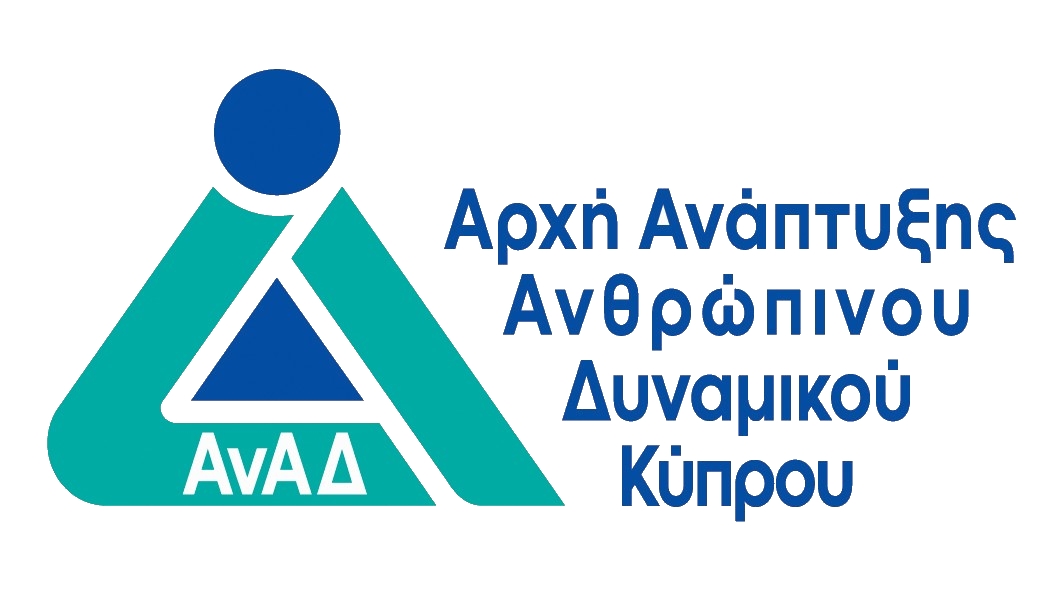
AGRC Certificate in Sanctions Compliance
- Χρηματοοικ. Ασφαλιστικά Τραπεζικά

ΠΕΡΙΓΡΑΦΗ
Internal Sanctions have become the new norm in the financial services, as they have now been established as the chosen foreign policy tool instead of military action. Events in Ukraine since 2014 have initiated a series of sanctions against Russia that have intensified after the Russian invasion of Ukraine in February 2022. The extent by which financial sanctions have been used in recent years has raised the alarm for all financial institutions and has necessitated a good understanding of how this foreign policy functions and the resulting effects.
This certification programme aims to provide individuals with the relevant background, tools and information required to hone their skills as AML or compliance professional working for a bank, investment company, financial services provider, or law firm. This programme will provide participants with a solid and practical understanding of the motives and rationale behind sanctions decisions, the resulting effects, and the consequences experienced by targeted individuals and entities and those doing business with them, either directly or indirectly. Moreover, by undertaking this programme, participants will be better prepared for the AGRC Certificate in Sanctions Compliance examination.
ΣΚΟΠΟΣ ΣΕΜΙΝΑΡΙΟΥ
By the end of the programme, participants will be able to:
- Identify the various types of sanctions
- Describe the differences between main sanctions categories
- Identity the institutional and legal framework within which sanctions are decided
- Convey the sanctions related challenges corporations are expected to face
- Identify the requirements stemming from the existing regulatory framework and the applicable sanctions
- Perform evaluations on the adequacy of sanctions compliance programmes
- Develop a sanctions risk management framework
- Develop and structure the administrations of sanctions
- Apply key international guidelines in relation to sanctions risk
- Substantiate the need for corporations to be adequately prepared for the increased compliance needs regarding sanctions
- Analyse ongoing developments and regulatory repercussions in relation to sanctions
- Evaluate the risks relevant to sanctions
- Appraise the relevant systems in monitoring and screening sanctions and identifying sanctions evasion
- Justify the need for a solid sanctions compliance programme
- Justify the need for adequate resources to be allocated for sanctions-related requirements, compliance and monitoring
- Appraise possible future developments in a highly unstable political environment
- Constructively participate in a corporation’s efforts to secure sanctions risks are adequately handled and compliance is achieved
ΣΕ ΠΟΙΟΥΣ ΑΠΕΥΘΥΝΕΤΑΙ
The programme is ideal for:
- Financial crime and regulatory compliance professionals
- Professionals working within the sanctions environment who wish to certify their knowledge
- Operational staff who need to understand the importance of sanctions compliance when dealing with customers and/or transactions
- Regulators
- Consultants
- AML, compliance, and risk professionals
- Anyone working in financial services who is interested in attaining a better understanding of how sanctions work
ΠΕΡΙΣΣΟΤΕΡΕΣ ΠΛΗΡΟΦΟΡΙΕΣ
Training Outline
International Economic Sanctions
- Definition of international economic sanctions
- Review of key categories, terms, and concepts
- Understand when, how and if sanctions can be successful.
The International Framework: Multilateral Sanctions
The United Nations
- The two relevant decision-making bodies within the UN
- Key characteristics of UN sanctions and how effective they can be
- The UN’s past record of sanctions
The European Union
- Assessing the EU’s sanctions policy
- EU sanctions in response to Russian involvement in the Ukrainian Crisis
- The EU’s new sanction policy
Financial Action Task Force (FATF)
Unilateral Sanctions: Key Sovereign States
- The legal and institutional framework
- Administration of sanctions
- OFAC’s 50% rule for entities and revising the guidelines
- Key recent legal developments
Managing Sanctions Risk – Duration: 120 minutes
- Sanctions Risk Assessments
- Sanctions Compliance Programmes
- Mitigating Sanctions Risk
Processes and Systems to Handle Sanctions
- Sanctions Screening
- Name Screening vs. Transaction/Payment Screening
- Sanctions Evasion
Training Style
The programme is designed to deliver knowledge and enhance participants’ skills via the delivery of essential material, case-studies, practical examples, discussions and learning activities. Most of the training will focus on delivering the syllabus using an interactive approach, encouraging participants to engage in the learning process. Participants will also benefit from feedback through the learning activities and take away the knowledge gained to be transferred to their workplace.
CPD Recognition
This programme may be approved for up to 10 CPD units in Financial Regulation and AML. Eligibility criteria and CPD Units are verified directly by your association, regulator or other bodies which you hold membership.
This training course may be approved as an external activity under the new ACAMS recertification category ”non-ACAMS credits” for up to 10 CPD units. Eligibility criteria and CPD Units are verified directly by the Association of Anti-Money Laundering Specialists (ACAMS).
Assessment Test Information
Type: Multiple choice, closed book online exam
Duration: one hour
Pass mark: 70%
Attempts: 2
Number of questions: 40
In-house Training
For groups within the same organisation, this course may be customized to meet any specific needs and delivered in-house.
Πληροφορίες Εκπαιδευτή
Αναλυτικό Κόστος Σεμιναρίου
Για Δικαιούχους ΑνΑΔ
- € 650.00
- € 200.00
- € 0.00
- € 450.00
- € 450.00
Για μη-Δικαιούχους ΑνΑΔ
- € 650.00
- € 0.00
- € 123.50
- € 650.00
- € 773.50
ΠΡΟΓΡΑΜΜΑ ΣΕΜΙΝΑΡΙΟΥ
Τετάρτη - 23 Οκτ 2024
Ώρα
10:00 - 16:00
ΕΚΠΑΙΔΕΥΤΗΣ:
Άδωνης ΠηγασίουΤοποθεσία:
OnLine Virtual Classroom
 Ελληνικά
Ελληνικά  English
English



 Αγγλικά
Αγγλικά
 10 ώρες
(
2 μέρες
)
10 ώρες
(
2 μέρες
)



























































